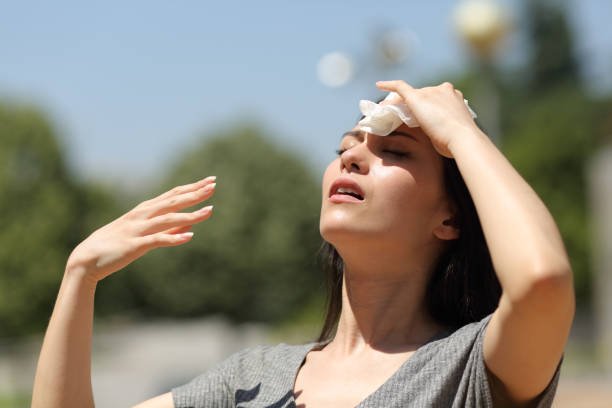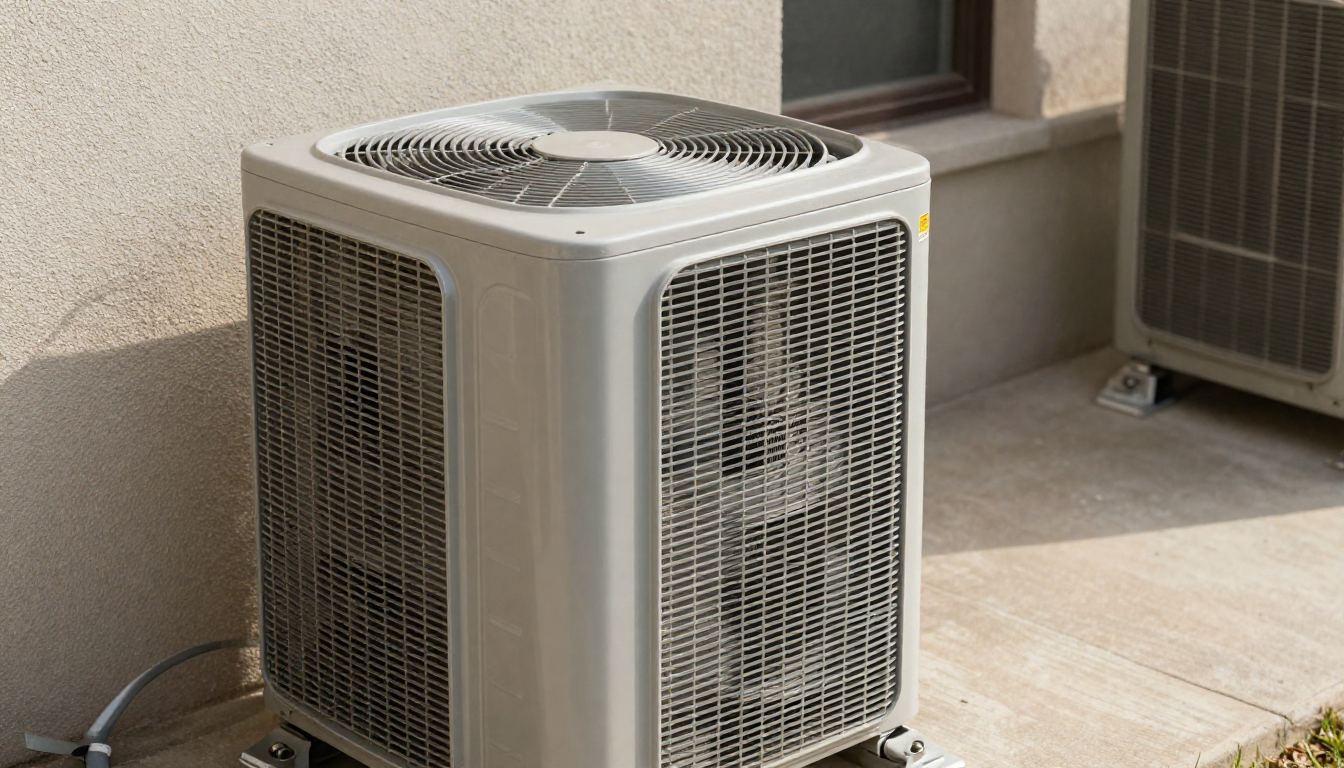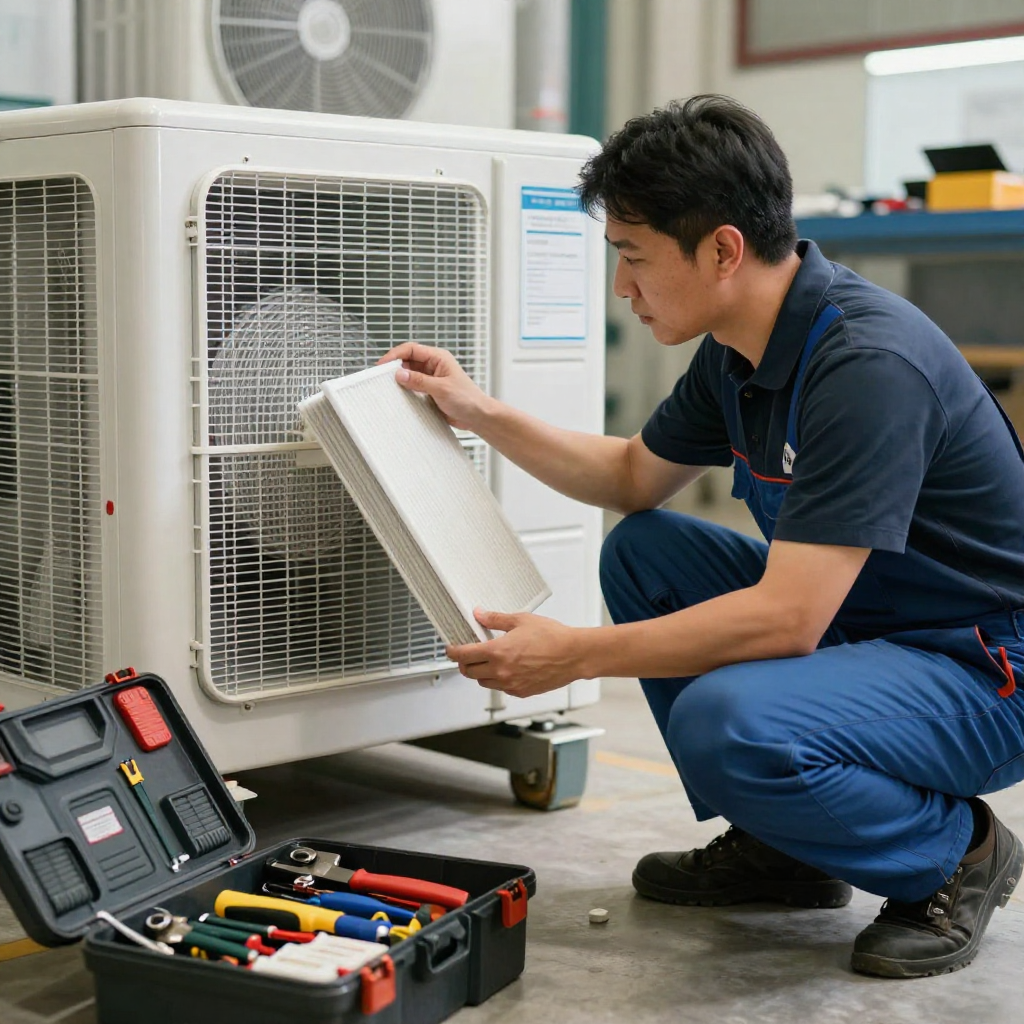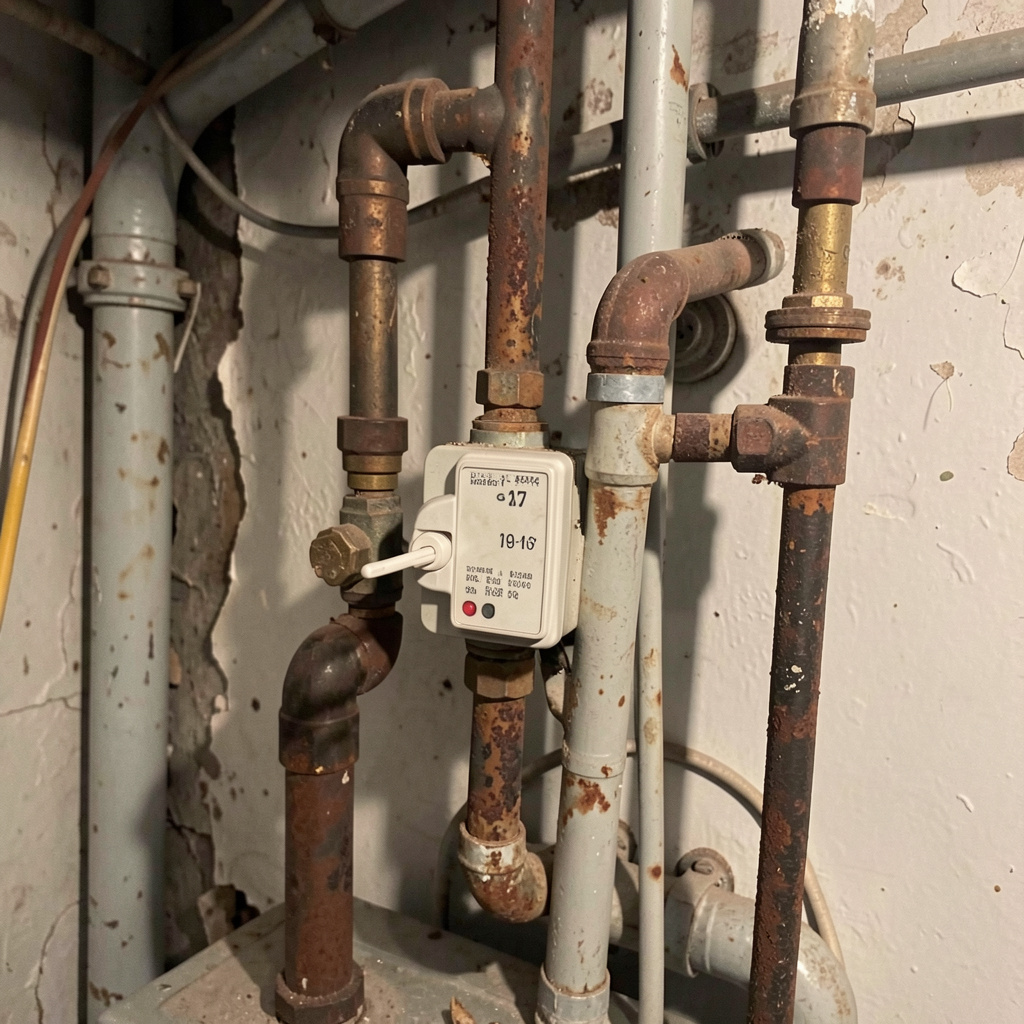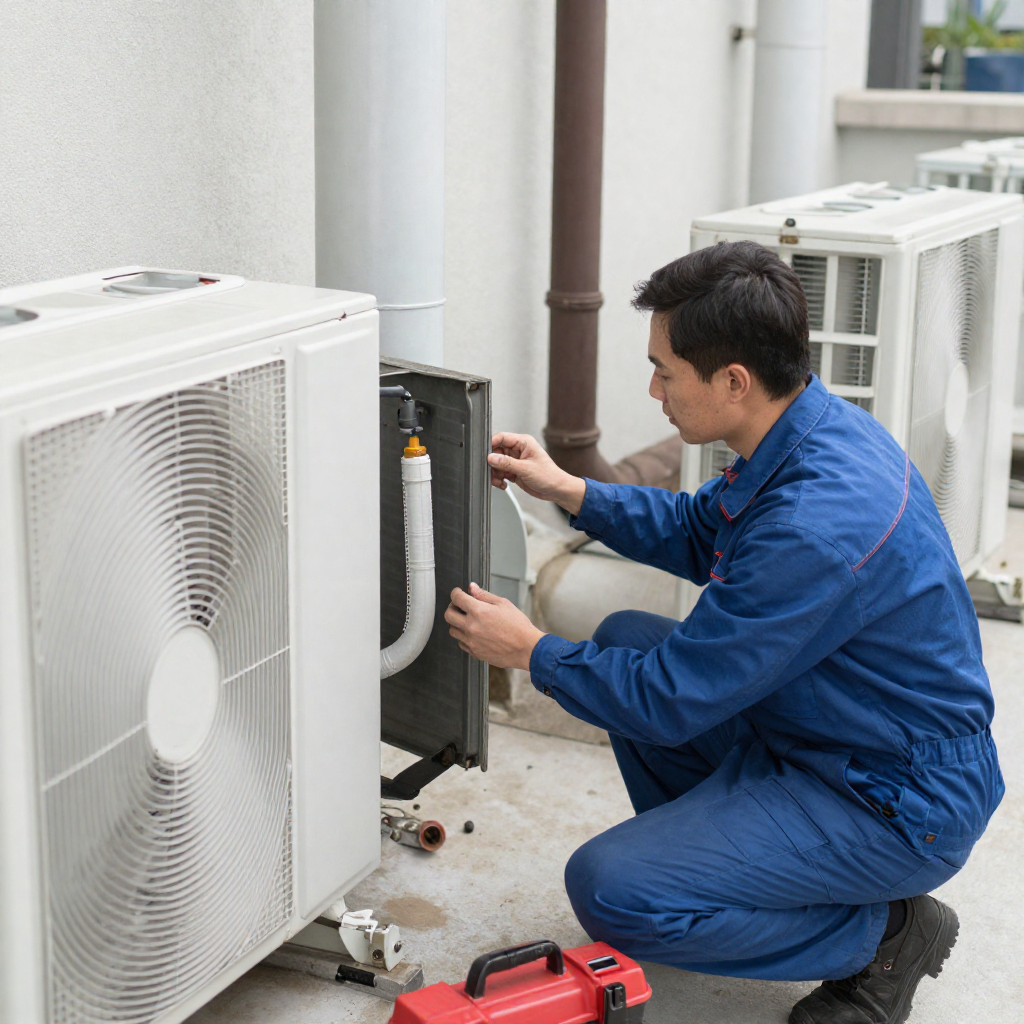Living in a tropical climate like Houston comes with its own set of challenges, particularly when it comes to staying healthy and comfortable in hot and humid conditions. Here are essential tips for navigating Houston’s heat and maintaining wellness.
Understanding Houston’s Tropical Climate
Houston’s subtropical climate means hot, humid summers and mild winters. The city’s high humidity levels can exacerbate heat-related discomfort and health risks. Understanding the specifics of Houston’s climate is the first step in developing strategies to maintain wellness.
Climate Characteristics
- Summers: Houston experiences long, hot, and humid summers with average high temperatures often exceeding 90°F (32°C). The humidity can make the heat feel even more oppressive.
- Winters: Winters are mild, with temperatures typically ranging from 45°F to 65°F (7°C to 18°C). Cold fronts can occasionally bring temperatures down, but freezing conditions are rare.
- Rainfall: The city receives substantial rainfall, particularly in the summer months, which can add to the humidity levels and contribute to flooding.
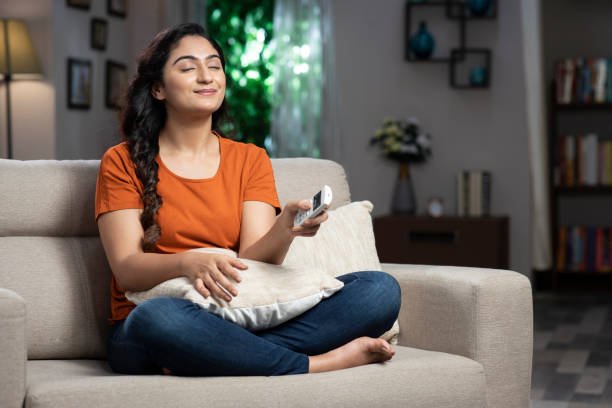
Essential Tips for coping with Houston’s Heat
Coping with Houston’s heat involves adopting several strategies to stay cool, hydrated, and protected from the sun.
Stay Hydrated
- Water Intake: Drink plenty of water throughout the day to stay hydrated and prevent heat-related illnesses. Aim for at least eight glasses of water daily, and increase intake during periods of high activity or when spending time outdoors.
- Hydrating Foods: Incorporate hydrating foods into your diet, such as cucumbers, watermelon, and oranges. These foods have high water content and can help maintain hydration levels.
- Avoid Dehydration: Steer clear of beverages that can cause dehydration, such as alcohol, caffeinated drinks, and sugary sodas.
Cooling Strategies
- Indoor Cooling: Use fans or air-conditioning to cool down indoor spaces. Set the thermostat to a comfortable temperature and use ceiling fans to circulate cool air.
- Outdoor Shade: When outdoors, seek shade or air-conditioned areas to avoid prolonged sun exposure. Parks, public libraries, and shopping malls are good options for escaping the heat.
- Cold Showers: Take cool showers or baths to lower your body temperature. This can be particularly refreshing after spending time in the heat.
Protect Your Skin
- Sunscreen: Apply sunscreen with a high SPF to protect against sunburn and harmful UV rays. Reapply every two hours, or more frequently if swimming or sweating.
- Protective Clothing: Wear lightweight, breathable clothing that covers your skin. A wide-brimmed hat and sunglasses can provide additional protection from the sun.
Health Risks and Precautions
High temperatures and humidity levels in Houston can lead to serious health risks if not properly managed. Awareness and early intervention are key to preventing heat-related illnesses.
Heat Exhaustion
- Symptoms: Recognize symptoms such as excessive sweating, dizziness, nausea, headache, and muscle cramps. These are signs that your body is overheating and struggling to cool down.
- Response: Rest in a cool place, preferably an air-conditioned room, and hydrate with water or sports drinks containing electrolytes. Remove any unnecessary clothing and apply cool, wet cloths to your skin.
Heatstroke
- Symptoms: Heatstroke is a medical emergency with symptoms including confusion, rapid pulse, high body temperature, throbbing headache, and unconsciousness. It occurs when the body can no longer regulate its temperature.
- Response: Seek immediate medical attention by calling 911. While waiting for help, move the person to a cooler environment, apply ice packs to their armpits, neck, and groin, and try to cool them down with fans and wet cloths.
What do you think of these essential tips, would you apply them? Let’s continue with some additional ones.
Lifestyle Adjustments for Wellness
Adopting certain lifestyle adjustments can significantly improve comfort and wellbeing in Houston’s tropical climate.
Dress Appropriately
- Clothing: Wear lightweight, breathable clothing made from natural fibers like cotton and linen. These materials allow for better air circulation and help wick away sweat.
- Accessories: Use accessories such as wide-brimmed hats and UV-protective sunglasses to shield yourself from the sun’s rays. Lightweight, light-colored clothing can reflect sunlight and keep you cooler.
Outdoor Activities
- Timing: Limit strenuous outdoor activities during peak heat hours, typically between 10 a.m. and 4 p.m. Schedule outdoor exercise or chores for early morning or late evening when temperatures are cooler.
- Hydration: Always carry a water bottle and take frequent breaks in shaded or air-conditioned areas. Listen to your body and stop any activity if you start to feel overheated or unwell.
Indoor Environment
- Ventilation: Ensure your home is well-ventilated. Use fans to enhance air circulation and reduce indoor humidity levels.
- Dehumidifiers: Consider using dehumidifiers to maintain a comfortable indoor humidity level. Aim for an indoor humidity of 30-50% to minimize the growth of mold and mildew.
Maintaining wellness in Houston’s tropical climate requires proactive measures to stay hydrated, cool, and protected from the sun. By incorporating these essential tips into daily routines, individuals can enjoy a healthier and more comfortable lifestyle in any weather condition.
Prioritize your wellbeing in Houston’s climate. For more personalized tips on staying healthy in tropical conditions, subscribe to our blog or contact our team for expert advice. Embrace the strategies that work best for you and stay prepared for the unique challenges that come with living in a tropical environment.
By Calixto Armas

